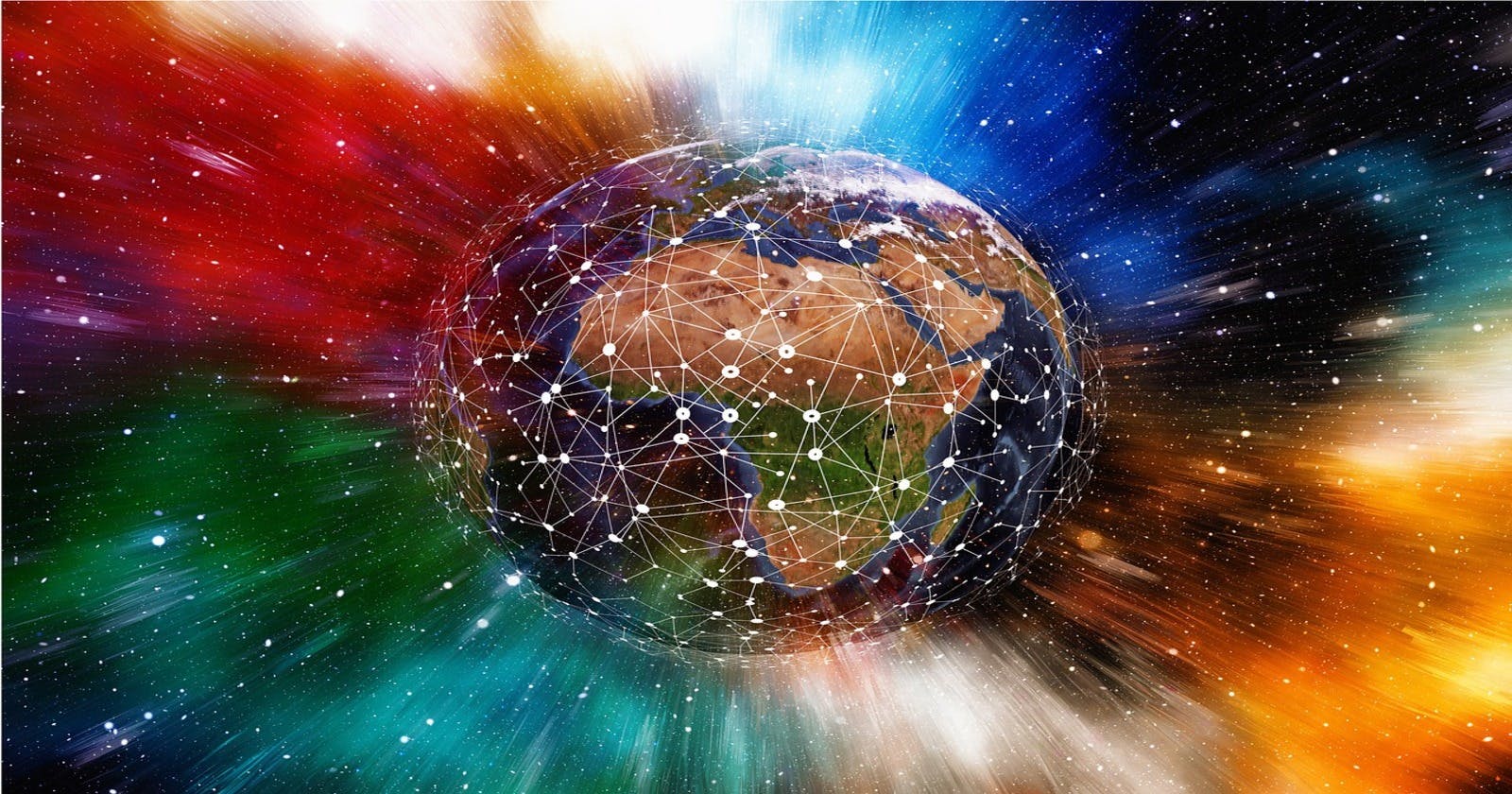Table of contents
Blockchain adoption means widespread acceptance and incorporation of blockchain into various aspects of our daily activities. Blockchain can be adopted by businesses, governments, organizations, agencies, corporations and many more entities.
Blockchain is an amazing and innovative technology that offers so many possibilities and novel advantages. However, despite the innovations and benefits Blockchain offers, it is still not as widely adopted as it should be.
In this article, you'll learn about:
- Blockchain and what it is all about
- Areas where Blockchain could be adopted
- Why Blockchain hasn't been widely adopted
What is blockchain ?
Blockchain is an online ledger that is distributed among the nodes of a network of computers. It is basically a database that takes in data as a collective(blocks) and stores that block of data. Blockchain is the driving force behind cryptocurrencies.
As the name implies, blockchain is a chain of blocks. When one block is filled with information, it is closed and connected to a block that has been previously filled. This process happens continuously, thereby forming a chain. The time at which each block is added to the chain is recorded, thereby forming a timeline. It is important to note that the data stored on a blockchain cannot be altered.
Features of blockchain
Immutability
Blockchain cannot be altered. This means that the information stored in it cannot be changed.
Blockchain is decentralized
This means that it does not require a central authority or intermediary. It can function on its own. This feature promotes transparency and ease as it eliminates the need for third parties and undue influence from a central authority.
Consensus
This is a major feature of blockchain. Consensus is how blockchain makes decisions. Each node comes together to agree on a particular decision. In other words, the nodes make a consensus, and if the majority nodes agree with a decision, that decision will be implemented.
Enhanced security
Blockchain makes use of cryptography, thereby making it more secure. Cryptography shields it from repeated cyberattacks. In addition, the fact that blockchain is decentralized makes it difficult for any authority to tamper with it.
Areas where blockchain can be adopted
Banking Sector
The banking sector is one of the sectors that would benefit greatly from adopting blockchain. With blockchain, international transactions will be easier and faster. The majority of the difficulties associated with international transactions will be eliminated. In addition, banking costs will be greatly reduced.
Due to the decentralized nature of blockchain, banking processes can be automated with blockchain adoption. It is common knowledge that banks do not operate every hour of the day or every day of the week. Blockchain makes it possible for transactions to be completed at anytime. It wouldn't matter whether the banks are open or not, financial transactions can still be taken care of. This shows that blockchain can save precious time as customers will see their transactions completed in a shorter time.
Blockchain also offers better security to the banking system. The secure nature of blockchain brings integrity to the banking system as human error is eliminated. Transaction Records will be available, accurate and they can't be changed. Hence, blockchain promotes transparency in the banking sector.
Voting
One thing strongly associated with blockchain is transparency, and transparency is something that should be seen in every voting process. Blockchain ensures that no one manipulates or tampers with the voting process. Since it is decentralized, no intermediary or central authority can interfere. With blockchain incorporated into voting, people will trust the process and have confidence in the result of the voting process.
Healthcare
Blockchain would help in keeping adequate records of patient data. This will be a major boost to healthcare delivery. Blockchain would also help connect patients and doctors better and faster. Furthermore, the improved security offered by blockchain ensures that patient data is really confidential and can only be accessed by authorized health practitioners.
Food supply
Blockchain can be used to keep proper records of the raw materials for food, the origin of the raw materials and even the process of transportation and supply of food. These records can come in handy when an issue arises or when there is a need for improvement of the food supply process.
Others areas where blockchain can and should be adopted are education, energy and real estate.
Why blockchain hasn't been widely adopted
Ignorance
People haven't really understood the concept of Blockchain. They are not fully aware of the benefits Blockchain provides.
Resistance to change
Another reason why blockchain has not been fully adopted is the fact that businesses and individuals are unwilling to change their process, systems and patterns of operation. Adopting blockchain would mean a huge change and they may not be ready for that.
High cost
Despite the fact that it cuts down the fees for transactions, blockchain can also be costly to adopt. This is because of the high power involved as a lot of computers are being used.
Unfavorable policies
Sometimes, government policies or business policies can make it difficult to adopt blockchain technology.
Conclusion
The world is gradually getting to a point where blockchain will be widely adopted. However, the pace is really slow. Blockchain is a really incredible technology and hopefully, the factors hindering its widespread adoption will be overcome.
